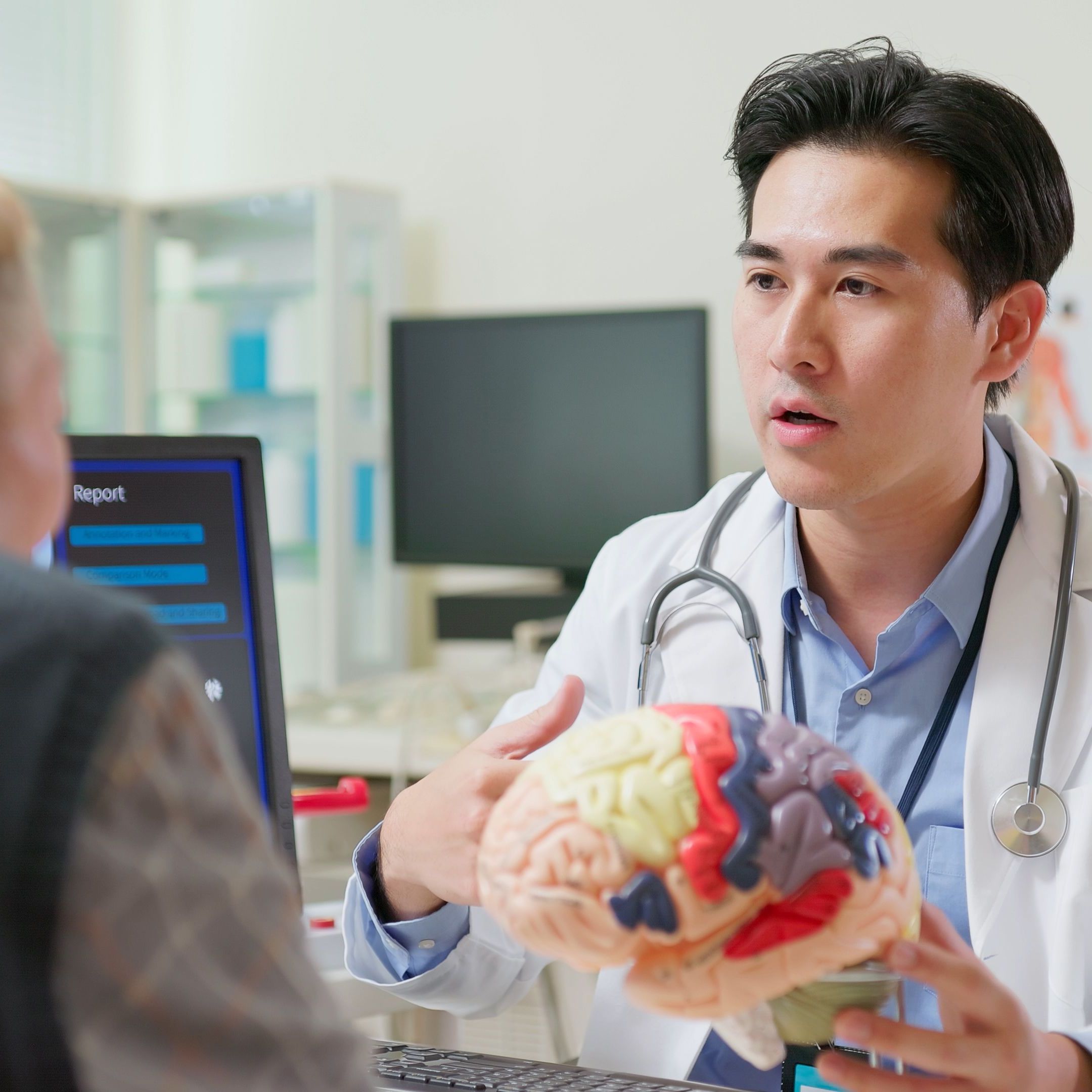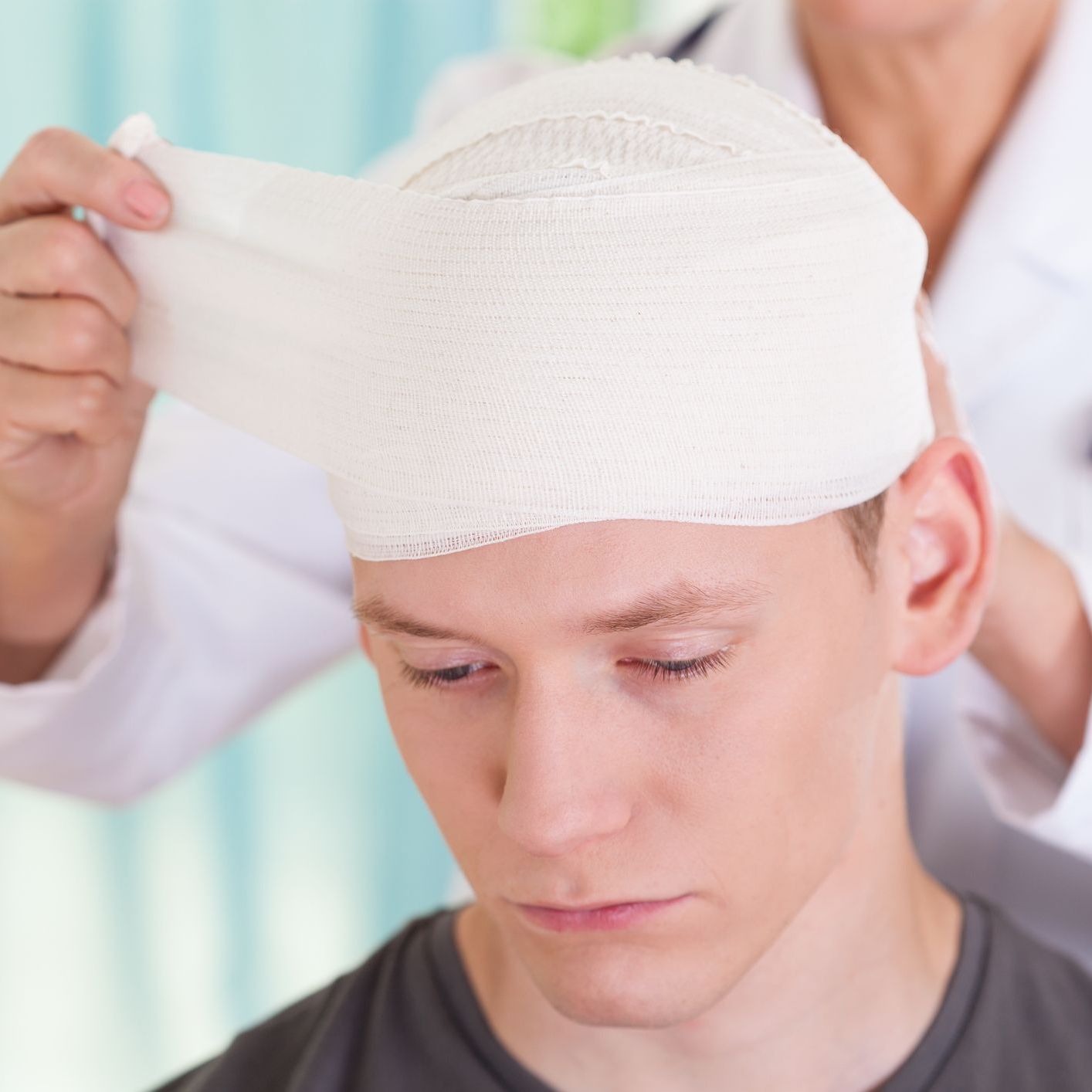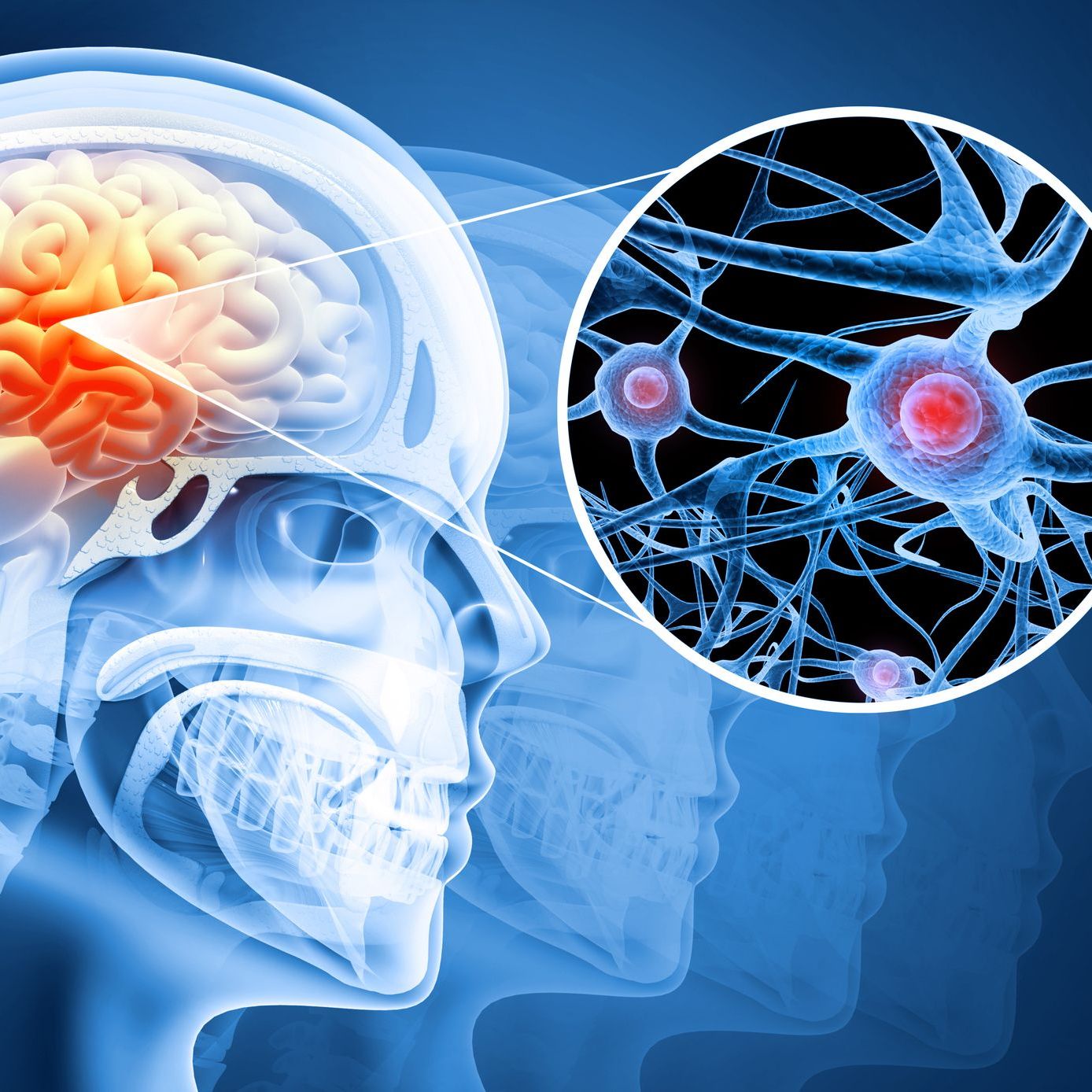
Recognizing the Signs
Concussion symptoms aren’t always immediate or obvious. Some may appear hours after the injury and can vary from person to person. Common symptoms include:
Headache
Dizziness or balance issues
Nausea or vomiting
Confusion or memory problems
Other signs may include sensitivity to light or noise, feeling mentally foggy, or changes in sleep patterns. Children may exhibit irritability or appear dazed, while adults might struggle with concentration or decision-making. Any loss of consciousness, even brief, should always be reported.



Comprehensive Evaluation and Monitoring
Proper concussion management starts with a full assessment. At our clinic, we begin with a detailed history and physical exam, followed by imaging when necessary to rule out bleeding or structural damage. We monitor both physical and cognitive symptoms over time to ensure no delayed complications emerge.
Baseline cognitive testing may also be used to measure your brain function before and after injury. This helps guide return-to-work or return-to-play decisions and ensures that the brain has healed appropriately before resuming full activity.
Treatment and Recovery
There is no single cure for a concussion, but with proper care, most people recover fully. Initial treatment focuses on rest—both physical and mental. That means avoiding strenuous activity, screen time, and multitasking for a few days. Gradual return to school, work, or sports follows a carefully monitored plan.
- Cognitive Rest: Temporary breaks from screens, reading, and tasks requiring focus
- Symptom Management: Headaches, sleep disturbances, and mood changes may be treated individually
- Progressive Return to Activity: Light physical activity begins only once symptoms subside and is increased under medical guidance
Whether the concussion is sports-related or not, our specialists use precise clinical tests to design a comprehensive and personal treatment plan for each patient. Additional services include:
- Vestibular Therapy to improve balance
- Neurologic and Neck Dysfunction Treatment to identify and treat related issues
- Pain Management
- Oculomotor Dysfunction Assessment to identify issues with focus or tracking
- Cognitive Assessment and Rehabilitation to treat problems with concentrating, multitasking, memory, speech, and organization
- Return-to-Sport Rehabilitation including sport-specific training
- Return-to-Sport Approval
- Return-to-Learn/School Rehabilitation and skill recovery, including collaboration with school for support and accommodation
- Return-to-Work Rehabilitation and skill recovery
- Counseling to address depression, anxiety, or other emotional effects
Rushing back into routine too soon can increase the risk of re-injury or prolonged symptoms. Our specialists guide each step to ensure recovery is complete and lasting.
Ongoing Support and Care
If symptoms persist for more than a few weeks, it may be a sign of post-concussion syndrome. We offer extended care plans that may include vestibular therapy, behavioral support, or referral to neuropsychology if cognitive symptoms linger.
If you or a loved one has sustained a head injury, don’t wait for symptoms to worsen. Early evaluation can prevent long-term complications and provide peace of mind. Contact our office today to schedule a consultation with a specialist who understands the full spectrum of concussion care.
